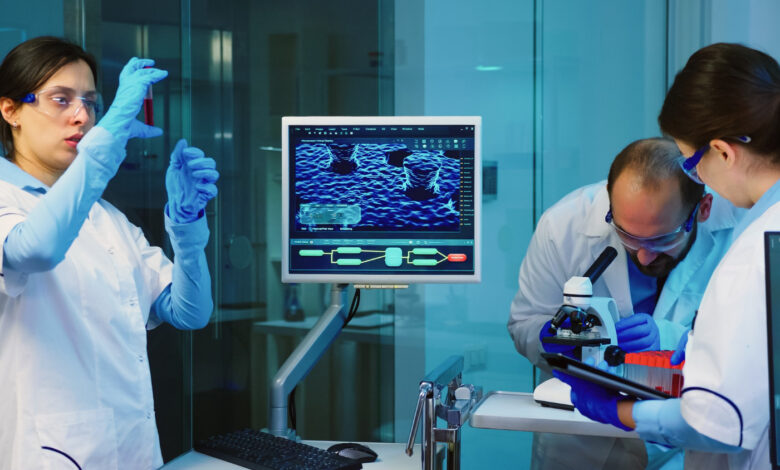
Introduction:
In the ever-evolving landscape of healthcare, cardiovascular diseases continue to be a significant concern, driving the demand for skilled professionals in diagnostic and interventional cardiology. Catheterization laboratories, commonly known as cath labs, play a crucial role in diagnosing and treating cardiovascular conditions. Within these labs, cath lab tech salary Technologists, also known as Cardiovascular Technologists or Cath Techs, are integral members of the healthcare team. This article delves into the various factors influencing Cath Lab Tech salaries and provides insights into this rewarding career.
Educational Background and Certification:
Cath Lab Technologists typically hold a minimum of an associate’s degree in cardiovascular technology or a related field. Some professionals choose to pursue a bachelor’s degree to enhance their skills and marketability. Additionally, many employers prefer or require certification through organizations such as the American Registry of Radiologic Technologists (ARRT) or the Cardiovascular Credentialing International (CCI).
Salary Overview:
The salary of a cath lab tech salary can vary based on several factors, including experience, geographic location, education, and the employing institution. On average, however, Cath Lab Techs enjoy a competitive salary, making the profession an attractive option for those interested in cardiovascular healthcare.
Experience:
Experience plays a significant role in determining a cath lab tech salary. As with many professions, entry-level technologists may start with a lower salary, which increases with years of experience. Those who have specialized skills or certifications, such as Registered Cardiovascular Invasive Specialist (RCIS), may command higher salaries.
Geographic Location:
Salaries for Cath Lab Techs can vary widely depending on the geographic location. Urban areas and regions with a high cost of living often offer higher salaries to compensate for the increased expenses. Conversely, rural areas may offer slightly lower salaries, but this is often offset by a lower cost of living.
Healthcare Facility Type:
The type of healthcare facility also influences cath lab tech salary Tech salaries. Large hospitals, academic medical centers, and specialty clinics may offer higher salaries compared to smaller community hospitals or outpatient facilities. Additionally, government-run healthcare institutions may have standardized salary scales.
Job Responsibilities:
Cath Lab Technologists with additional responsibilities, such as supervisory roles, teaching positions, or administrative duties, may receive higher compensation. Specialized skills in specific procedures or technologies, such as electrophysiology studies or advanced imaging techniques, can also contribute to salary differentials.
Job Outlook:
The job outlook for Cath Lab Techs is promising, with a projected growth in demand due to an aging population and the increasing prevalence of cardiovascular diseases. As technology continues to advance, the need for skilled professionals to operate and maintain sophisticated equipment in cath lab tech salary is expected to rise.
Conclusion:
Becoming a Cath Lab Tech is a rewarding career choice that offers a combination of job satisfaction and competitive compensation. Salaries for these professionals are influenced by various factors, including experience, education, location, and job responsibilities. As the demand for cardiovascular healthcare professionals continues to grow,cath lab tech salary can look forward to a fulfilling career with opportunities for advancement and professional development.




